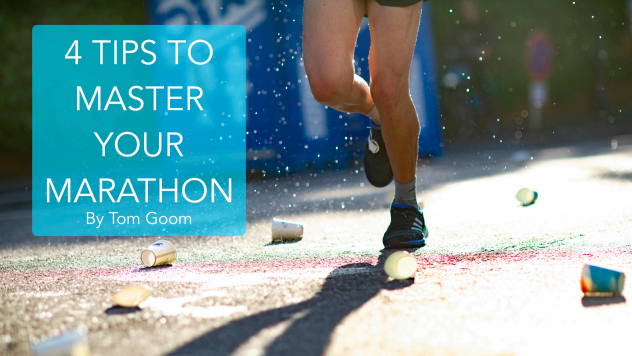FOUR TIPS TO MASTER YOUR MARATHON – BY TOM GOOM, RUNNING PHYSIO


ADDRESSING YOUR INJURY NIGGLES AND GETTING THEM CHECKED
“Oh it’s nothing, just a niggle!” you call, as you head, grimacing, out the door for a run. After all, you feel more or less fine in yourself and it’s nothing a warm bath won’t sort out when you get home. We don’t like to complain and, especially if we’re competitive...
ANKLE INJURIES – HOW TO DIAGNOSE ONE, HOW TO GET BETTER AND HOW TO PREVENT ONE
Ankle injuries can range in severity from full fracture to mild sprain. Unfortunately even a mildly sprained ankle can be extremely painful and this can make it difficult to determine how serious your injury is and how best to treat it. However, most ankle injuries...
CLIMBING INTO THE OLYMPICS – TOKYO 2020
It is an historic day today, as we see climbing make its debut in the Olympics at Tokyo 2020. Who better to give us the inside track on the discipline than route setter and climber Alexander Lemel, patient and friend of The Lewin Sports Injury Clinic. Usually climbing...
INSIDE THE LIFE OF A GREAT BRITAIN INTERNATIONAL AND WTA TENNIS PLAYER, BY ANNA POPESCU
On International Women's Day 2021 we are delighted to share our latest blog, written by Great Britain International and WTA tour tennis player Anna Popescu. Anna travels the world representing the nation at the highest level of her sport, and has been working with...
HOW SPORTING PUPILS ARE NURTURED AT FOREST SCHOOL, BY BEN ADAMS
In our latest blog, we are delighted to hear from Ben Adams, Director of Sport at Snaresbrook's Forest School. The day school, located on the edge of Epping Forest, enjoys a partnership with The Lewin Clinic which helps students receive the quickest assessment and...

Get in touch
020 8070 7777
info@lewinclinic.co.uk
Ground Floor,
65 New North Road
Hainault
Essex
IG6 2UE
Company reg No. - 11731039 (England & Wales)
Reg address:
The Retreat
406 Roding Lane South Woodford Green
Essex IG8 8EY



